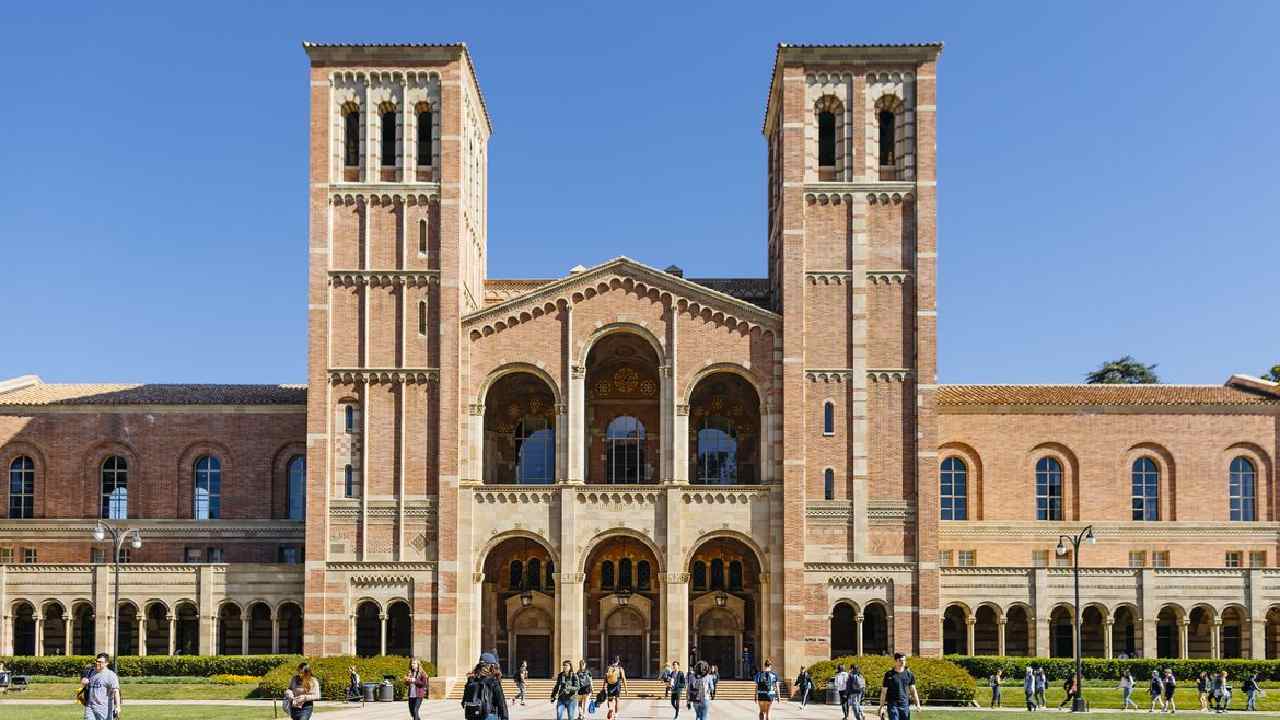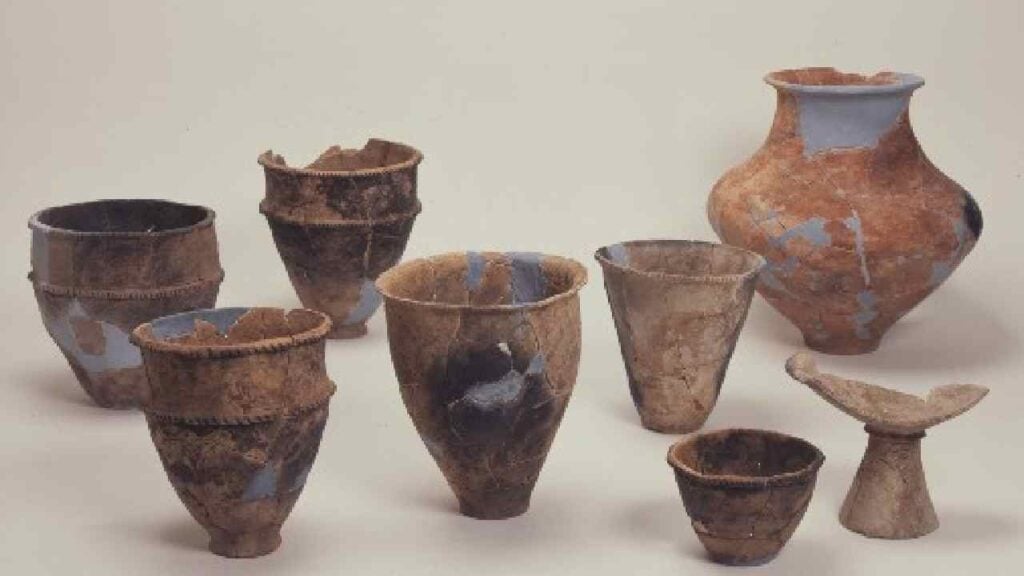Federal officials have stopped the flow of $339 million to UCLA researchers, throwing hundreds of vital projects into chaos. The Trump administration claims the university broke civil rights rules on three fronts: handling of antisemitism, student admissions methods, and transgender athlete policies.
The money freeze affects nearly 800 different research efforts—300 from the National Science Foundation, 500 from the National Institutes of Health, and two from the Department of Energy. UCLA leaders told their researchers to halt all spending immediately, creating an emergency for labs across campus.
UCLA’s top official, Chancellor Julio Frenk, expressed strong disappointment with the federal decision. He pointed out that cutting off funds for important health research won’t fix any of the problems the government claims exist. The funding halt threatens hundreds of jobs and projects that benefit people nationwide.
The federal government’s main complaint stems from campus protests last spring. Justice Department officials determined that UCLA didn’t properly protect Jewish and Israeli students during pro-Palestinian demonstrations, creating what they called a “hostile environment” that violated both the Fourteenth Amendment and the 1964 Civil Rights Act.
But federal concerns extend beyond the protests. Energy Department officials criticized how UCLA evaluates student applications, arguing that asking about personal background and considering factors like where students live and family finances amounts to hidden race-based admissions—something California banned back in 1996 and the Supreme Court more recently ruled against nationwide.
The government also took issue with UCLA’s policy of allowing transgender women to participate in women’s sports programs.
The funding halt comes just after UCLA paid $6 million to settle a lawsuit brought by three Jewish students and a professor. They had claimed the university let protesters block them from attending classes during last year’s demonstrations.
Similar Posts
For scientists, the sudden money cutoff creates major problems. Lab leader Samantha Butler, who studies nerve damage to help people with spinal injuries, called the situation “a catastrophe.” Her work uses living cells that need constant care and expensive daily treatments—work that can’t simply be paused.
“These are cellular clusters that take months to develop,” Butler explained. “If the cells aren’t fed, they die.”
The impact spreads across many fields. Researcher Irene Chen warned her team would have to abandon work fighting dangerous drug-resistant infections. If student researchers and post-doctoral workers can’t get paid, they might leave—creating a talent gap that could take years to rebuild.
California Governor Gavin Newsom blasted the federal decision, calling it “cruel manipulation” that uses concerns about antisemitism as cover for cutting crucial research funding. He argued that stopping money for disease research, cancer studies, and defense technology development makes Americans less safe.
This approach mirrors recent federal actions against other universities. Columbia University just agreed to pay $200 million to settle similar complaints and get their $400 million in research grants flowing again. Brown University also reached a deal to restore funding. Federal officials appear to be using the Columbia agreement as a model for dealing with other schools.
UCLA’s research leader Roger Wakimoto tried to reassure campus scientists, stating clearly that getting the funding restored remains the university’s top priority. Meanwhile, graduate students face uncertainty about their paychecks, and years of careful research hangs in the balance.


















